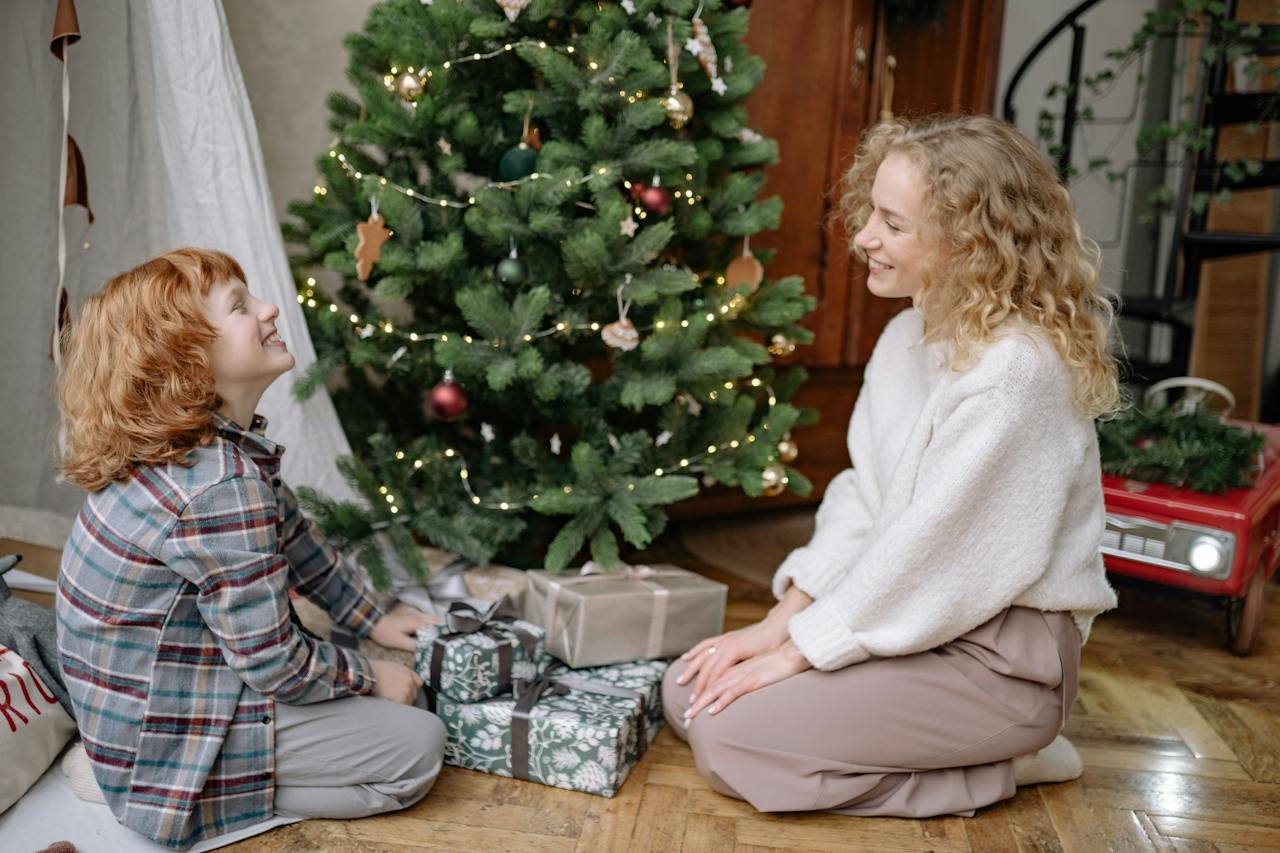Lifestyle
3 ways to encourage kids to be more charitable and kind this holiday season

The reason for our holiday generosity is obvious to us as adults. For children, it can sometimes be less clear why, when and how they should show kindness to others. (Pexels Photo)
With the holiday season just around the corner, families and households will soon be gathering to give and receive gifts. Many will also be sending donations to communities in crisis, and organizing charity events and food drives to help others.
The reason for our holiday generosity is obvious to us as adults. We hold a sense of moral responsibility to be kind and get a satisfying feeling of having done a good deed.
For children, it can sometimes be less clear why, when and how they should show kindness to others.
Child psychology researchers have spent decades trying to understand exactly what parents need to do and say with our children to help them truly understand the value and importance of kindness. Based on my research and that of other developmental psychology researchers, here are three things science says parents can do to encourage generosity this holiday season.
Model kindness
Children learn best by seeing and imitating. Observing adults and the consequences of their actions teaches children which behaviours are good or bad, kind or mean.
As a parenting and child psychology researcher, I have worked with colleagues to understand how parents can model kindness and generosity to successfully teach their children these same values. Our research suggests that parents who practice kind and warm interactions with their children tend to have kind and generous kids.
For example, speaking with your child about emotional experiences you each had during the day can help your child learn how to help others feel better when they’re distressed.
Naturally, modelling kindness is also most effective when you hold kindness and generosity as deeply cherished values. In our research, we have found that kids donate more money to a charity when mothers deeply hold these values.
As we head into the holidays, continue to show empathy and kindness to your children, modelling for them that being kind can show someone in crisis that you care.
With the ongoing wars and disasters across the world, kids might get distressed when hearing about other children in crisis. In these cases, help your kids feel better by talking about their feelings and comforting them, and offer suggestions on what you can do as a family to help those in need. Also consider taking your kids with you to volunteer at a local shelter or organizing a food drive with the whole family to model charity and generosity.
Avoid rewarding generosity
It’s natural to want to reward children when they are generous to others. You probably feel proud of your kids when they share or donate, and you might want to show them that you are happy with how they behave.
However, developmental psychologists have shown that some rewards can thwart children’s future desire to be kind. Kids simply don’t offer to help others as much when they are given material rewards — like gifts, treats or money — compared to being praised or receiving no feedback at all.
Instead of rewarding your child for donating part of their allowance, consider rewarding them with your words by praising them. Even a smile can go a long way — and they might even produce a bigger donation next year.
Praise who they are, not what they do
Over 60 per cent of parents report praising their kids for being kind to others. But certain types of praise are better than others to encourage kindness. Praising a child for being a kind person is more effective than praising their kind behaviour. Kids praised for being a kind or helpful person have been shown to volunteer more time to helping others compared to kids praised for working hard to help others.
This kind of “person praise” can be effective for guiding your child to self-identify as a person who always helps others. To encourage your kids’ generosity this holiday season, praise their charitable actions by telling them they are a kind person or that they are the type of kid who really understands how other people feel.
Fathering and mothering
Traditionally, compared to fathers, mothers have been shown to pay more attention to their children’s kindness and helping behaviours. Even when engaging in the same warm and empathetic parenting, fathers seem to encourage their kids’ co-operation and conflict resolution, while mothers encourage more sharing and generosity with others.
That said, in the last few decades, fathers have taken a more central role in parenting. Fathers and mothers are increasingly playing a similar and shared role in encouraging their children’s co-operative and helpful behaviour.
There is even some evidence that engaged fathers have a more direct impact than engaged mothers on children’s development of helping behaviour. When fathers stay connected with and involved in raising their children, the children are likely to feel more empathy for others, well into adulthood.
Rather than thinking that fathers must do something different from mothers, the parents must equally commit to the shared aim of raising a kind and generous child.
As we approach the holidays, research suggests to use modelling and give praise to encourage kids to be generous and kind. If you’re participating in a holiday food drive for refugees, have your kids tag along and help sort foods. When your kids want to make a donation, praise them for being kind individuals. These small steps can help your child build empathy for others and show kindness to those in need, and might even make them more generous the next holiday season.
After all, what would the holidays be without sharing?![]()
Hali Kil, Assistant Professor, Psychology, Simon Fraser University
This article is republished from The Conversation under a Creative Commons license. Read the original article.





















